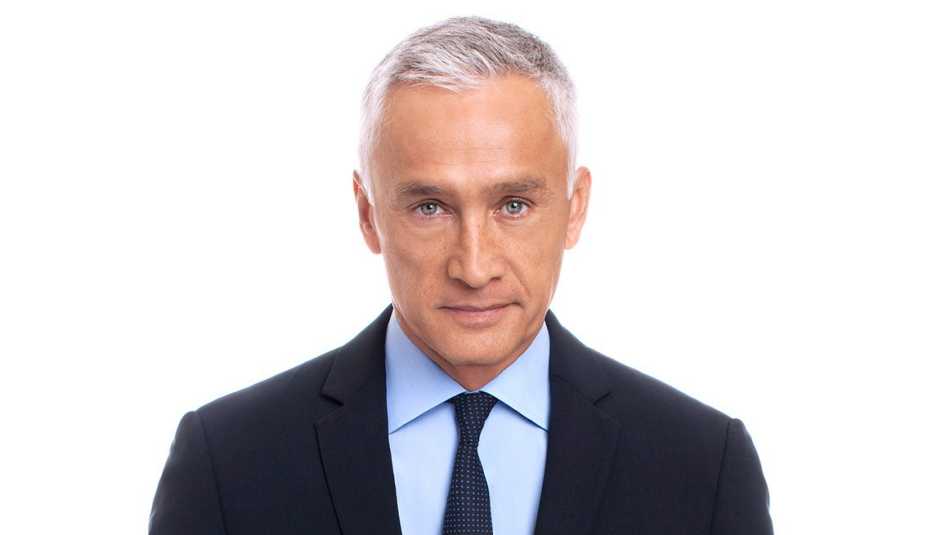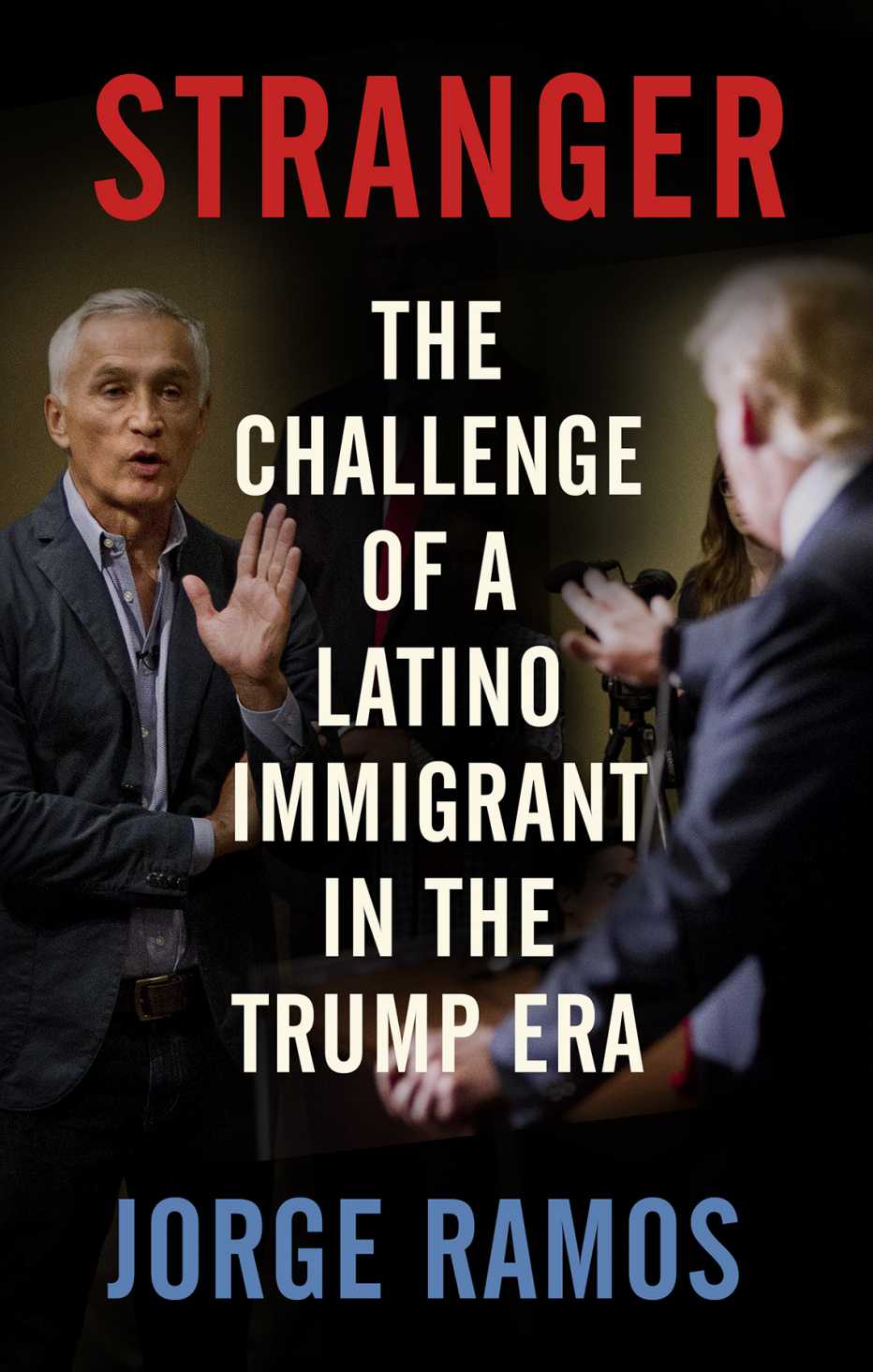AARP Hearing Center


Journalist and immigrant. That’s how Jorge Ramos defines himself. Both facets of his life are inseparable and at the core of his search for truth in Mexico, his native land, and the United States, his adopted country, where many see him as a spokesman for the Latino community and as an "activist" journalist. But Ramos — cohost of Noticiero Univision, columnist and author of 13 books — doesn't like labels. What is indisputable, however, is his determination to make a difference in the country where he now resides.
Despite having lived half his life in the United States, Ramos says that he has never felt the way he does now: like a stranger. He wrote his new book, Stranger: The Challenge of a Latino Immigrant in the Trump Era, to explain why. We talked to him about his career, his new book, what it means to be a U.S. citizen, and life at 60.
You'll turn 60 this month. Any reflections upon entering this new decade?
It's been hard. It's not just any birthday, and I've been thinking about it for months. There are two reflections: The first, and the most difficult, is that time is running out. No matter how I look at it, it's clear that I’ve lived over half my life. On the other hand, I'm reaching a point where I’m so grateful. It's a real privilege to reach 60, to get there in a good way, doing what you like and surrounded by those who love you.
It's a privilege to turn 60 and have an 84-year-old mom who I still talk to in the mornings, share ideas with and chat with about day-to-day things. It's a privilege to have two children, Paola and Nicolás. They're truly wonderful travel and life companions who have made my life extremely beautiful.
I feel wonderful, both physically and intellectually, with a great job, and [that I am] still contributing to the world around me.
What impact has time had on the way you now see your life, personally and professionally?
I’m happier at 60 than I was at 20. I understand things better; I understand the virtue of patience, but I've also understood of late the virtue of fighting back and not remaining silent. I believe that part of being a journalist is to question everything and question those in power. I've discovered that at 60, I'm still a rebel, and that's something I wouldn't want to change.
I'm an agnostic, and I don't know what'll happen after I die. I hope I'm wrong and there's life after life. So there's a certain anxiety and a hurry to finish what I haven't yet completed because I don't know what will come next. I'd be extremely happy if I were sure that there is something after we die. But as a journalist, I've learned to use data and evidence, and I don't have that evidence.


































































More on entertainment
Actor John Leguizamo Connects Cultures
Hispanic American history has formed the basis of his long career